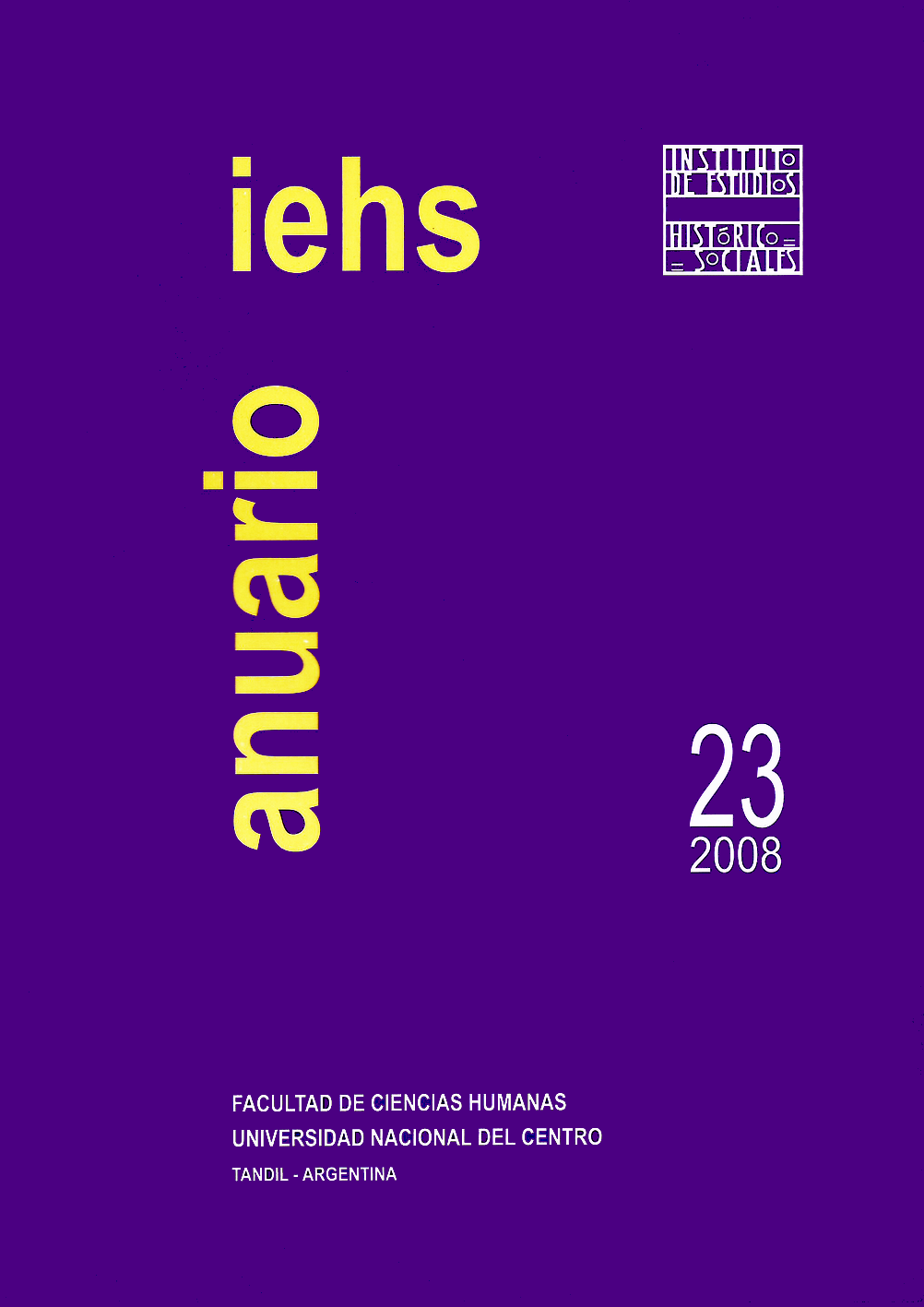Fronteira, poder político e articulações comerciais no Brasil meridional do final do século XIX
Keywords:
Frontier, Commerce, Smugglin, Civil WarAbstract
This proposal examines the political power and the economic articulations in a frontier area during the transition from the Empire to the Republic, a time of great political change accompanied by restructuring in the fiscal and taxing domain. At the time of the inception of the Republic of Brazil, at the end of the XIX century, the Liberal Party, in Rio Grande do Sul, exerted an ample and historical domination with the support of the frontier salesmen, ranchers and salt-beef producers who, at those times, where the main economic powers of the province, chiefly in the area of the border with Uruguay. At the turn of the century, the Liberal Party represented by the prominent families of the cattle-raising sector was loosing its leadership to the benefit of the Republican Party, which incorporated the sectors linked to the agricultural development, the commerce and the industry, many of then of immigrant origin, spreading its social base, which included also the middle class urban sectors. The insistence of the Republican Party in monopolizing power caused the confrontation of the two factions for the control of the State establishment and for the enforcement of the various economic, fiscal and taxing projects to be applied to the former Rio Grande do Sul province. As a consequence, in 1893, the most serious and bloody insurrection against the republicanism in Rio Grande do Sul arose, the so called "Federalist Revolution".
References
.
Downloads
Published
Issue
Section
License
Copyright (c) 2024 Anuario IEHS

This work is licensed under a Creative Commons Attribution-NonCommercial 4.0 International License.



